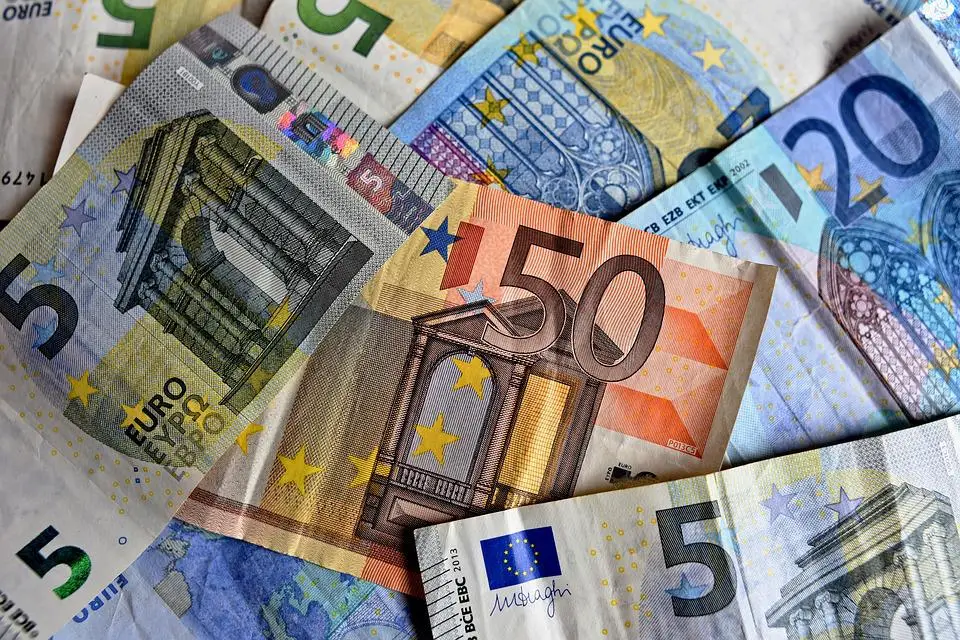As Poslovni Dnevnik writes, when Croatia introduces the euro at the beginning of 2023, the average Croatian wage (net salary) will stand at around 900 euros, and an average pension will stand at around 320 euros, considering the fact that due to ongoing inflation, personal incomes and pensions across Croatia could increase slightly before the changeover from the kuna to the euro anyway.
If we take in some information and consider it relevant data on the average net salary across the EU back in 2021, which amounted to 1916 euros per month, it means that the average Croatian salary needs to be about a thousand euros to reach the EU average. In nearby Austria, the average net salary last year was 2053 euros, and in Belgium – an impressive 2091 euros.
In Bulgaria, the average net income last year was 413 euros, and the average Croatian wage was 797 euros, while the neighbouring Slovenians received an average of 1,038 euros per month back in 2021, writes Slobodna Dalmacija.
The Czechs were doing slightly better than the Croats were with a typical net salary of 813 euros, and the Danes were much better, with 3,100 euros, placing them at the very top of the European Union (EU). They are closely followed by the Swedes with a salary of 3062 euros.
The Estonians are also better paid than Croats typically are, with an average salary of 958 euros net, with the Latvians and Lithuanians being weaker with 648 euros and 645 euros respectively. The people of Cyprus receive an excellent 1,658 euros, and Malta also earns well from the Croatian perspective, with an average Maltese wage being about 2261 euros per month.
They are followed by rich EU countries: Finland with 2509 euros, France with 2157 euros and Germany with 2270 euros as an average salary.
The average Greek earns 917 euros, a Portuguese worker 846, a Pole 736, a Slovak 690, and a Hungarian 683 euros. Over in Romania, the average net salary is only 522 euros, meaning that only the Bulgarians are the poorest in the EU.
The average net salary in Italy is 1,762 euros, and in neighbouring Spain 1,718 euros. The real “heavyweights” are the Icelanders with 3435 euros and the Luxembourgers with 3009 euros, followed by the Irish with 2479 euros and the Dutch with 2263 euros.
For more, make sure to check out our lifestyle section.












